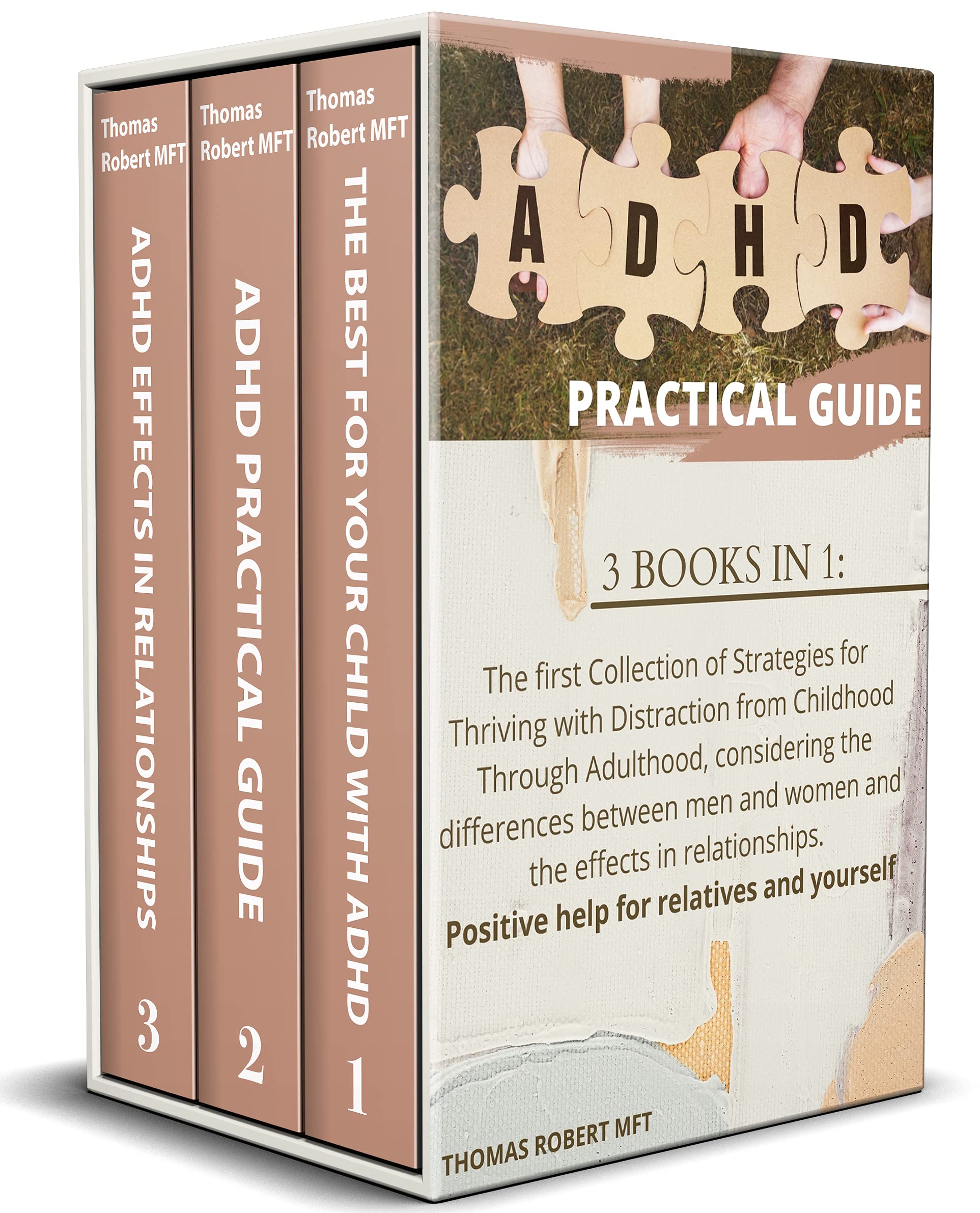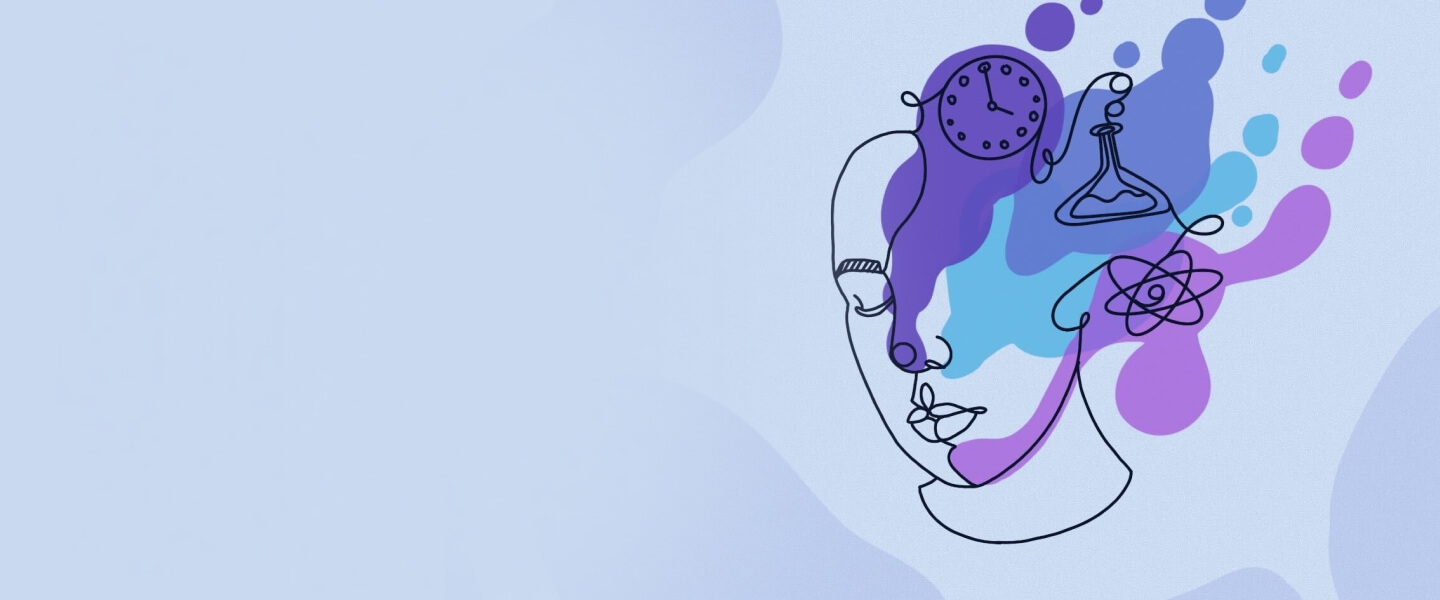Diagnosing And Treating Adult ADHD: A Practical Guide

Table of Contents
Understanding the Symptoms of Adult ADHD
While often diagnosed in childhood, ADHD frequently persists into adulthood. Recognizing the symptoms is the crucial first step towards seeking help.
Common Adult ADHD Symptoms
Adult ADHD symptoms often differ from those observed in children. Hyperactivity may be less outwardly noticeable, manifesting instead as internal restlessness or difficulty sitting still for extended periods. Instead of disruptive classroom behavior, adults with ADHD might struggle with:
- Difficulty with organization and time management: This can lead to missed deadlines, lost items, and a general feeling of being overwhelmed. Procrastination becomes a significant coping mechanism, further compounding the problem. Effective time management techniques become crucial for success.
- Procrastination: The inability to start or complete tasks, even when aware of the consequences, is a hallmark of ADHD. This often stems from difficulty initiating tasks, managing distractions and feeling overwhelmed by the task's scale.
- Forgetfulness: Frequent forgetfulness, including appointments, conversations, or even everyday tasks, significantly impacts daily life. This can extend to misplacing items and struggling to remember important details.
- Impulsivity: Impulsivity in adults with ADHD can manifest in various ways, such as making hasty decisions, interrupting conversations frequently, or engaging in risky behaviors without considering the consequences. This impulsivity can affect relationships and career prospects.
- Restlessness: A constant feeling of internal restlessness and the inability to relax can lead to difficulty sleeping and an overall sense of unease. This restlessness isn't always physical; it can be a mental feeling of being "on edge."
- Emotional dysregulation: Adults with ADHD can experience heightened emotional responses, finding it difficult to regulate their feelings. This may lead to mood swings, irritability, or emotional outbursts that are disproportionate to the situation. Learning emotional regulation strategies is vital.
- Challenges with focus and concentration: Sustained attention and concentration remain a significant challenge. This can manifest as difficulty following instructions, losing train of thought during conversations, or experiencing significant trouble focusing on work tasks.
- Relationship difficulties: The symptoms of inattentiveness, impulsivity, and emotional dysregulation can significantly strain personal relationships. Understanding and communicating the challenges posed by ADHD is important for building stronger connections.
Differentiating ADHD from Other Conditions
Many conditions share symptoms with ADHD, making accurate diagnosis crucial. A comprehensive assessment is vital to differentiate ADHD from:
- Anxiety disorders: Symptoms like restlessness and difficulty concentrating can overlap with both ADHD and anxiety. However, the core characteristics and triggers differ significantly.
- Depression: Both ADHD and depression can cause fatigue, difficulty concentrating, and irritability. A thorough evaluation considers mood, motivation, and other diagnostic criteria to distinguish between the two.
- Other learning disabilities: Conditions like dyslexia or dysgraphia might co-occur with ADHD, presenting similar challenges in academic or professional settings. However, the underlying cognitive profiles are distinct.
A qualified professional uses a differential diagnosis process, considering all potential factors before arriving at a definitive diagnosis. This often involves detailed questionnaires, interviews, and sometimes neuropsychological testing.
The Diagnostic Process for Adult ADHD
Getting an accurate diagnosis is vital for effective treatment.
Seeking Professional Help
The first step is seeking help from a qualified healthcare professional.
- Types of professionals: Psychiatrists, psychologists, and clinical neuropsychologists all have expertise in diagnosing and treating ADHD. Finding an ADHD specialist is often beneficial.
- The initial consultation: During your first appointment, your doctor will gather a comprehensive history of your symptoms, family history, and medical history.
- Self-reporting questionnaires: You will likely complete questionnaires like the Adult ADHD Self-Report Scale (ASRS) to assess the presence of ADHD symptoms. These tools provide valuable initial data.
Assessment Tools and Techniques
A thorough diagnosis utilizes various assessment methods:
- Clinical interviews: In-depth discussions with a healthcare professional about your symptoms, challenges, and experiences form the core of the evaluation.
- Behavioral rating scales: These scales gather information from family, friends, or colleagues regarding your behavior patterns.
- Neuropsychological testing: In some cases, neuropsychological testing is used to assess cognitive functions like attention, memory, and executive functions. This helps differentiate ADHD from other conditions with overlapping symptoms.
- Review of medical history: Your complete medical history, including any previous diagnoses or treatments, is reviewed to rule out other underlying conditions contributing to your symptoms.
Effective Treatment Options for Adult ADHD
Treatment for Adult ADHD is typically multi-faceted, incorporating various strategies.
Medication Management
Medication plays a significant role in managing ADHD symptoms for many adults.
- Stimulants (e.g., methylphenidate, amphetamine): These medications increase the levels of dopamine and norepinephrine in the brain, improving focus, attention, and impulse control.
- Non-stimulants (e.g., atomoxetine): These medications work differently than stimulants, affecting norepinephrine levels. They are often prescribed as an alternative for individuals who cannot tolerate stimulants or experience significant side effects.
- Side effects: Medication can have side effects, including decreased appetite, insomnia, and changes in blood pressure. Working closely with your doctor to manage these side effects is crucial to ensure treatment efficacy and tolerability.
- Finding the right medication dosage: Finding the right medication and dosage is a process that often involves trial and error to find the optimal balance of symptom improvement and side effect management.
Therapeutic Interventions
Therapy complements medication, providing coping mechanisms and strategies for managing ADHD challenges.
- Cognitive Behavioral Therapy (CBT): CBT helps individuals identify and change negative thought patterns and behaviors that contribute to ADHD-related difficulties.
- Behavioral therapy: This focuses on developing and implementing strategies to improve organization, time management, and other areas impacted by ADHD.
- Support groups: Connecting with others facing similar challenges provides a supportive environment for sharing experiences and learning from each other.
Lifestyle Modifications
Making lifestyle adjustments can significantly enhance the effectiveness of medication and therapy.
- Sleep hygiene: Prioritizing quality sleep is crucial. Establishing a regular sleep schedule and creating a relaxing bedtime routine can improve attention and mood regulation.
- Diet: A balanced diet, rich in fruits, vegetables, and whole grains, can support overall well-being and brain function.
- Exercise: Regular physical activity has been shown to improve focus, mood, and reduce symptoms of restlessness.
- Stress management techniques: Stress can exacerbate ADHD symptoms. Learning stress management techniques like meditation or yoga is invaluable.
- Mindfulness practices: Mindfulness exercises can enhance self-awareness and improve focus and attention.
Conclusion
Successfully diagnosing and treating Adult ADHD requires a multifaceted approach. This guide has explored the key symptoms, the diagnostic process, and various treatment options available. Remember, early intervention and a personalized treatment plan, encompassing medication, therapy, and lifestyle modifications, can significantly improve the quality of life for individuals with Adult ADHD. If you suspect you might have Adult ADHD, take the first step and schedule a consultation with a qualified healthcare professional to begin your journey towards better management of your symptoms. Don't let Adult ADHD control your life – take control of your Adult ADHD today!

Featured Posts
-
 Nyt Spelling Bee Puzzle 360 Feb 26th Complete Guide To Solving
Apr 29, 2025
Nyt Spelling Bee Puzzle 360 Feb 26th Complete Guide To Solving
Apr 29, 2025 -
 67 Killed In Black Hawk And Jet Crash Report Unveils Critical Factors
Apr 29, 2025
67 Killed In Black Hawk And Jet Crash Report Unveils Critical Factors
Apr 29, 2025 -
 Is Group Support The Key To Managing Adhd Evidence Based Insights
Apr 29, 2025
Is Group Support The Key To Managing Adhd Evidence Based Insights
Apr 29, 2025 -
 Milly Alcock As Supergirl Netflixs Sirens Trailer Reveals Cult Connection With Julianne Moore
Apr 29, 2025
Milly Alcock As Supergirl Netflixs Sirens Trailer Reveals Cult Connection With Julianne Moore
Apr 29, 2025 -
 Mhairi Black And The Complexities Of Protecting Women And Girls From Misogyny
Apr 29, 2025
Mhairi Black And The Complexities Of Protecting Women And Girls From Misogyny
Apr 29, 2025
Latest Posts
-
 Federal Funding Cuts A Deep Dive Into Trump Countrys Struggle
Apr 30, 2025
Federal Funding Cuts A Deep Dive Into Trump Countrys Struggle
Apr 30, 2025 -
 Richmond Gun Case Man Sentenced For Endangering Child
Apr 30, 2025
Richmond Gun Case Man Sentenced For Endangering Child
Apr 30, 2025 -
 Man Sentenced After Hiding Gun From Child In Richmond
Apr 30, 2025
Man Sentenced After Hiding Gun From Child In Richmond
Apr 30, 2025 -
 How Federal Funding Cuts Affect Trump Countrys Economy
Apr 30, 2025
How Federal Funding Cuts Affect Trump Countrys Economy
Apr 30, 2025 -
 Destination Nebraska Act And The Future Of Gretnas Rod Yates Project
Apr 30, 2025
Destination Nebraska Act And The Future Of Gretnas Rod Yates Project
Apr 30, 2025
